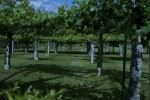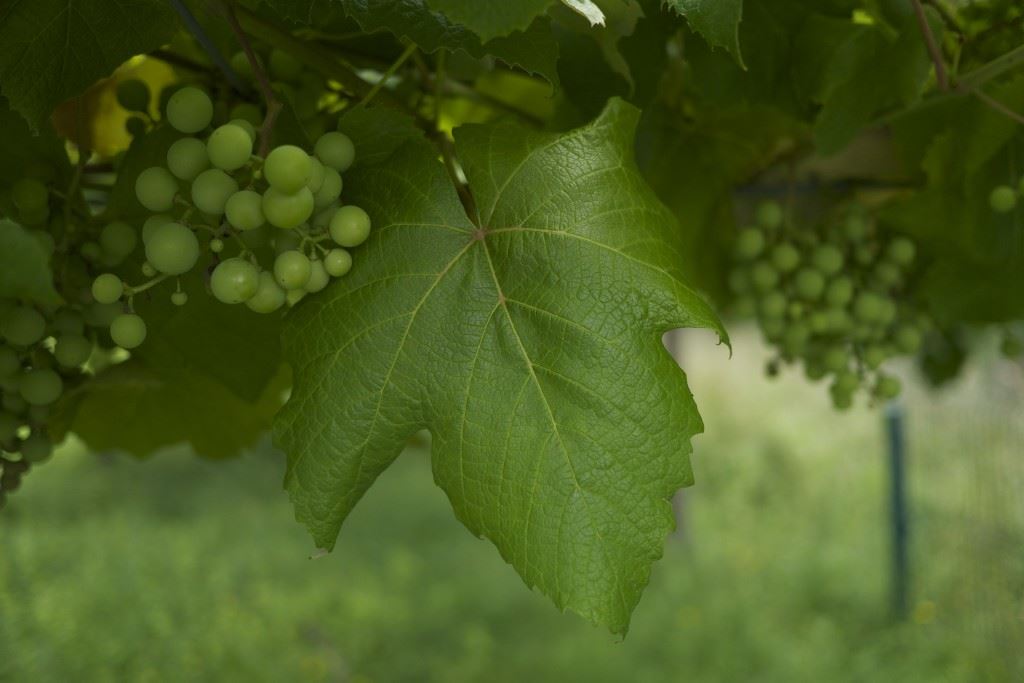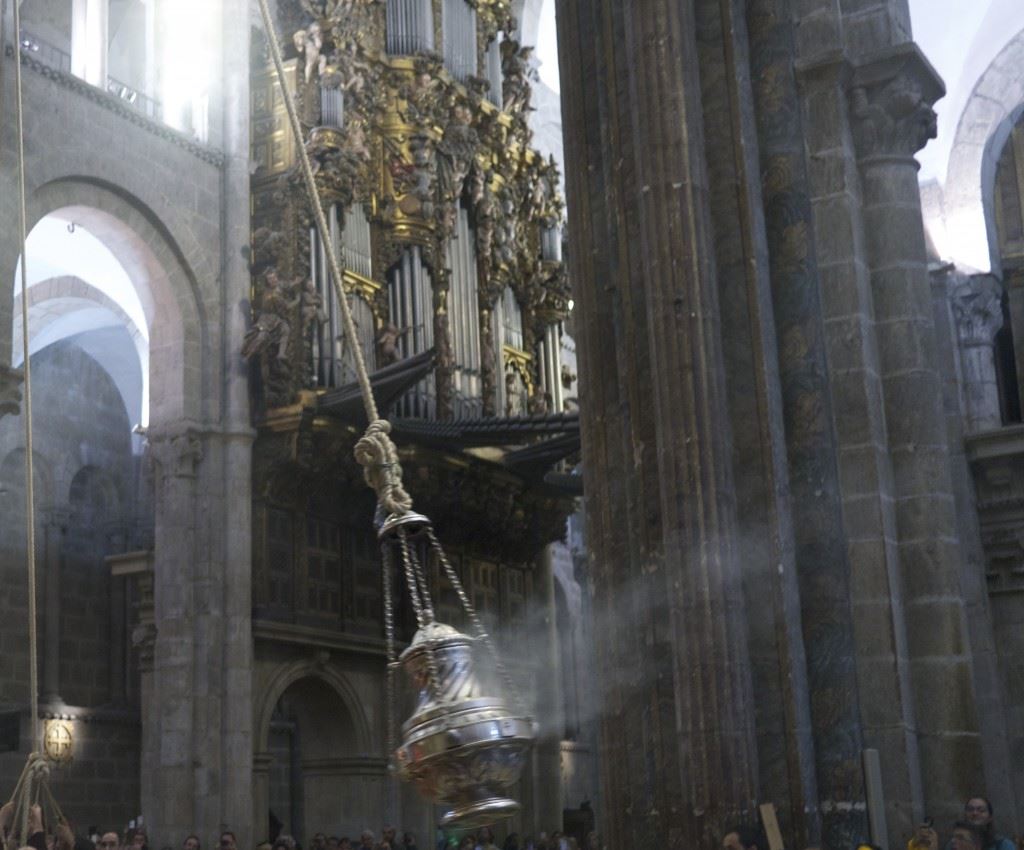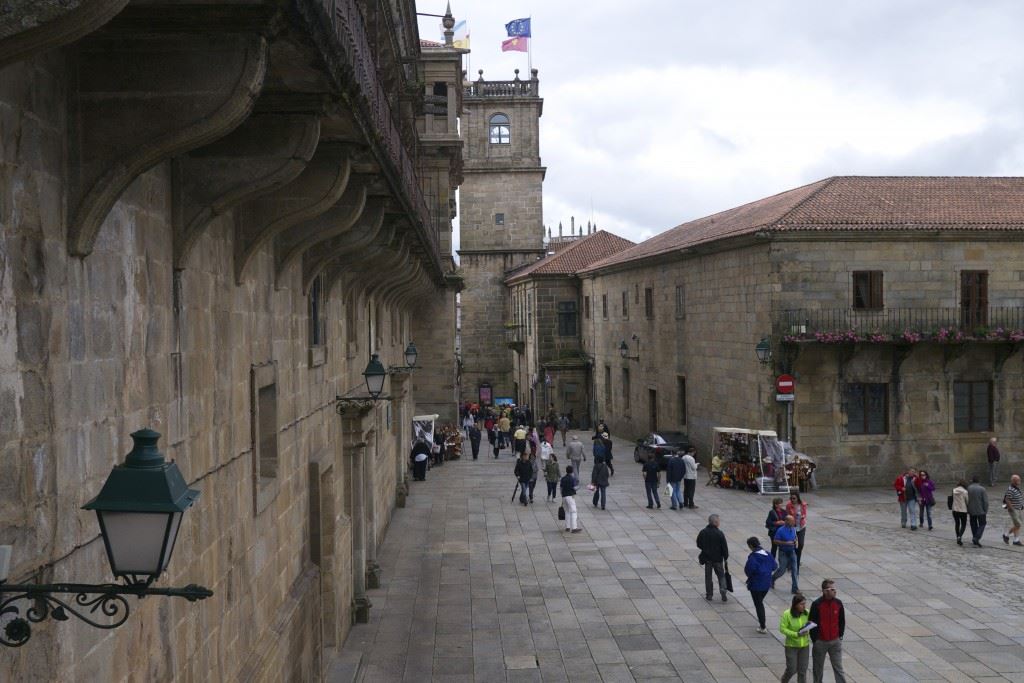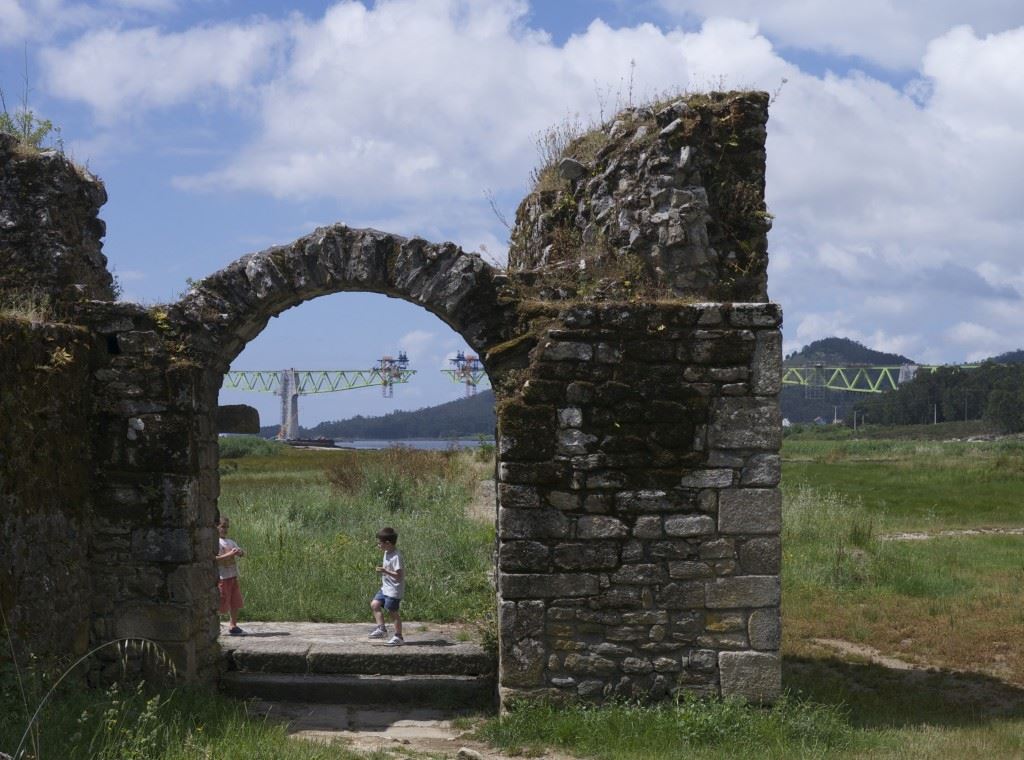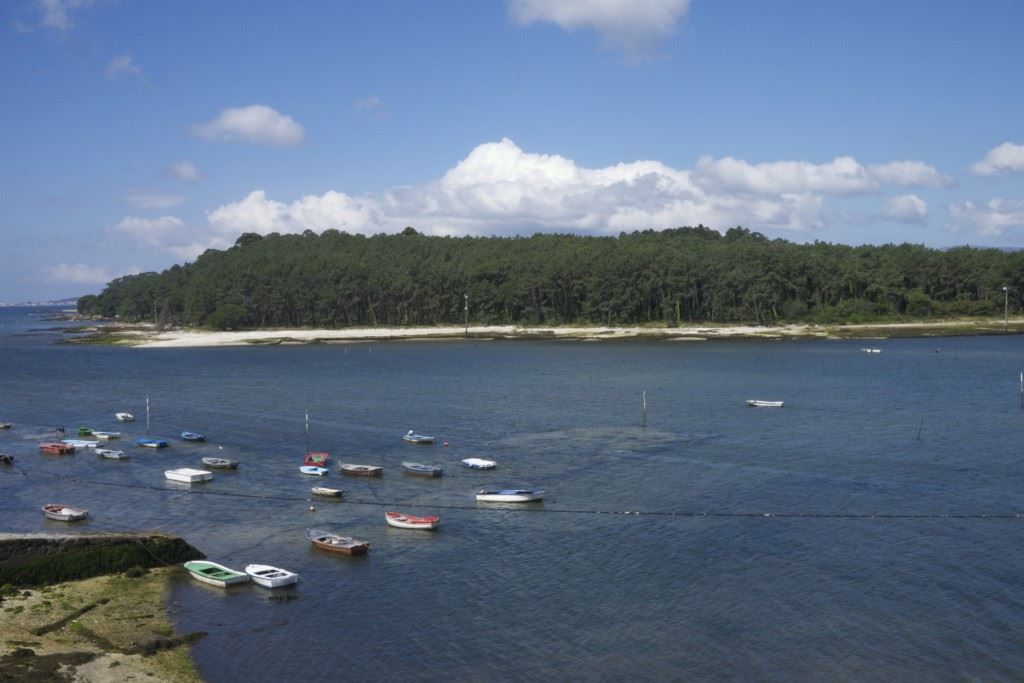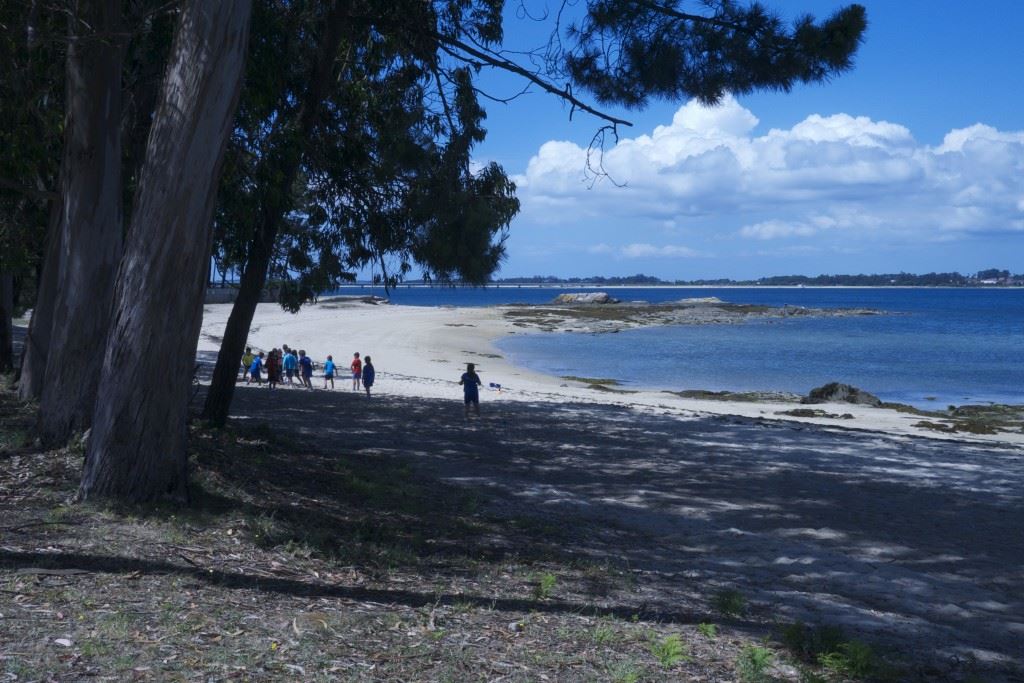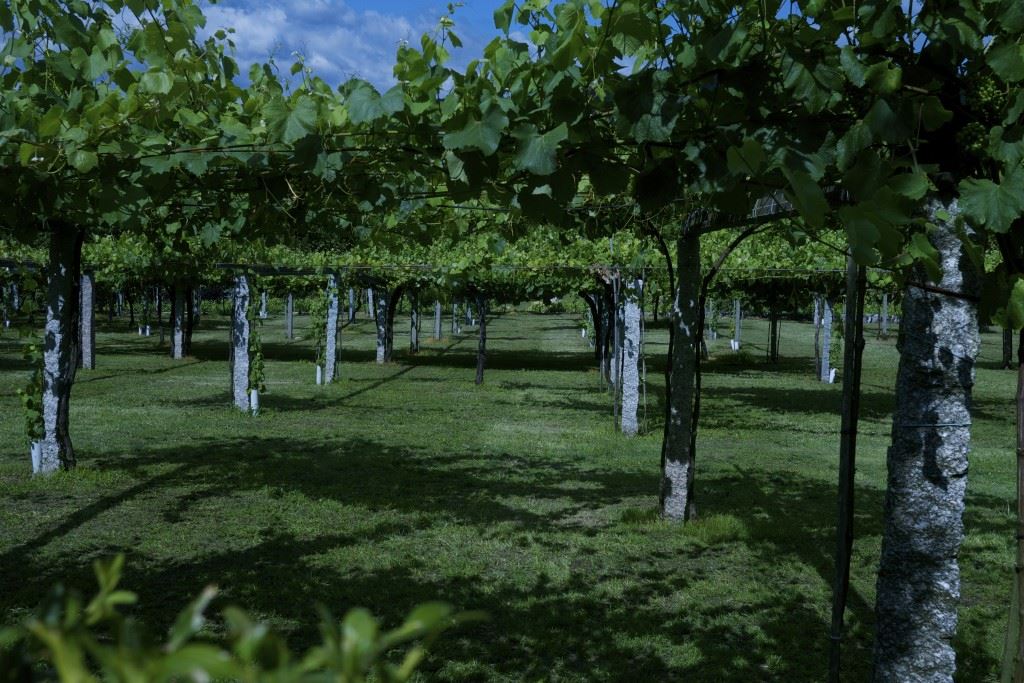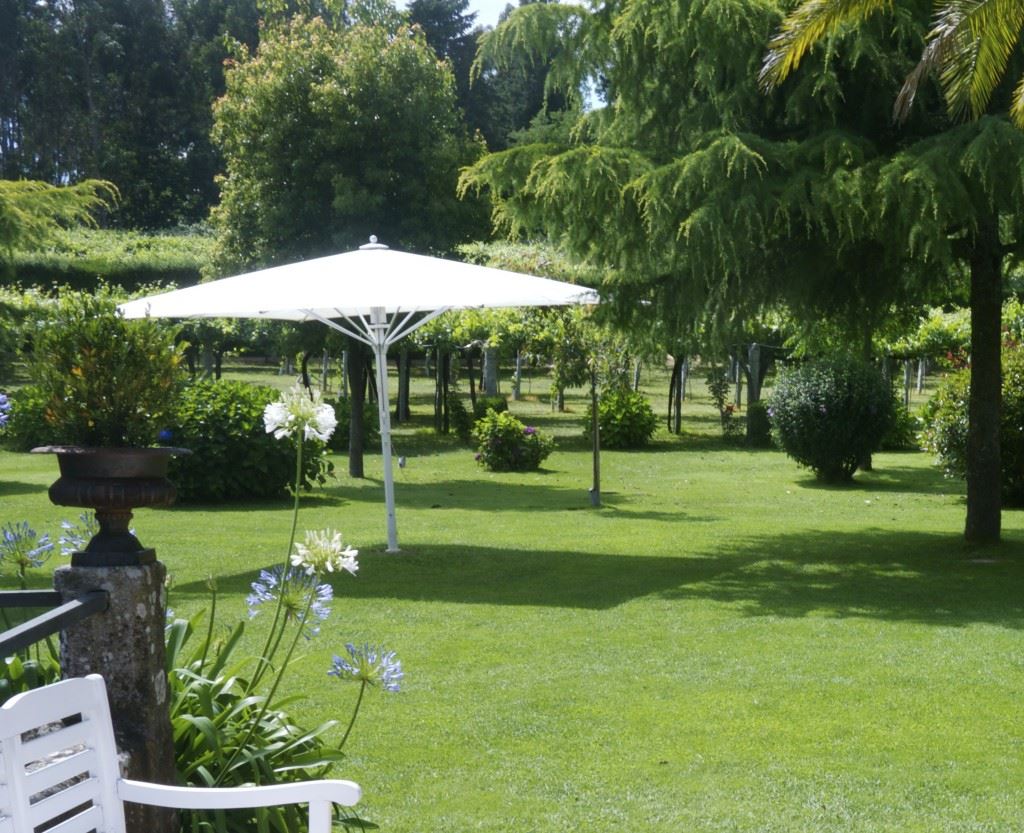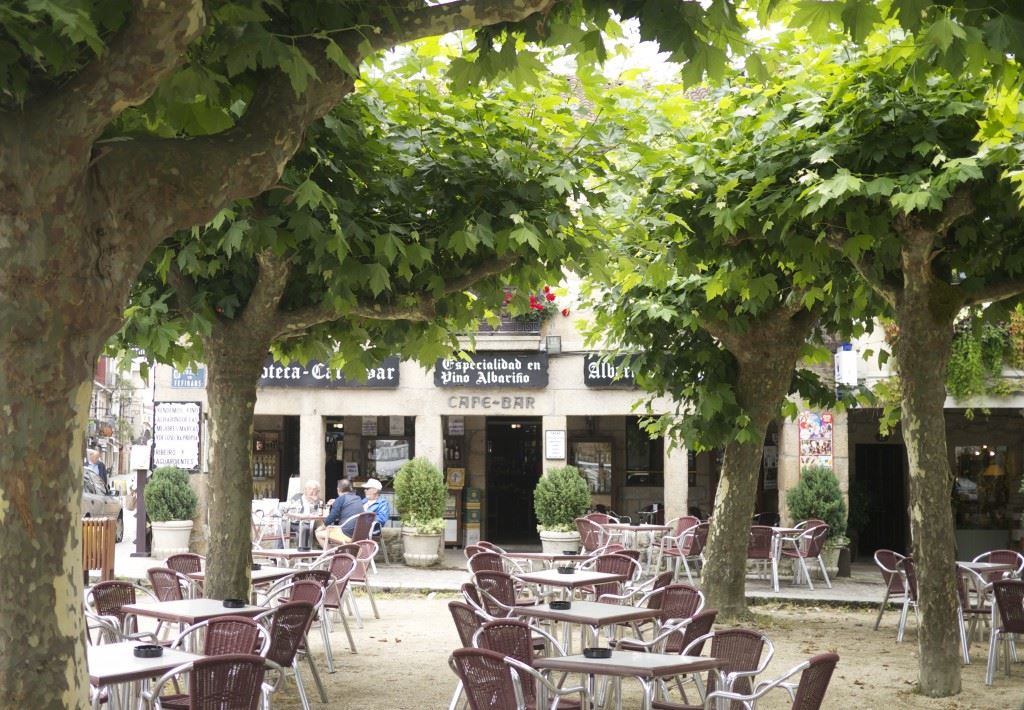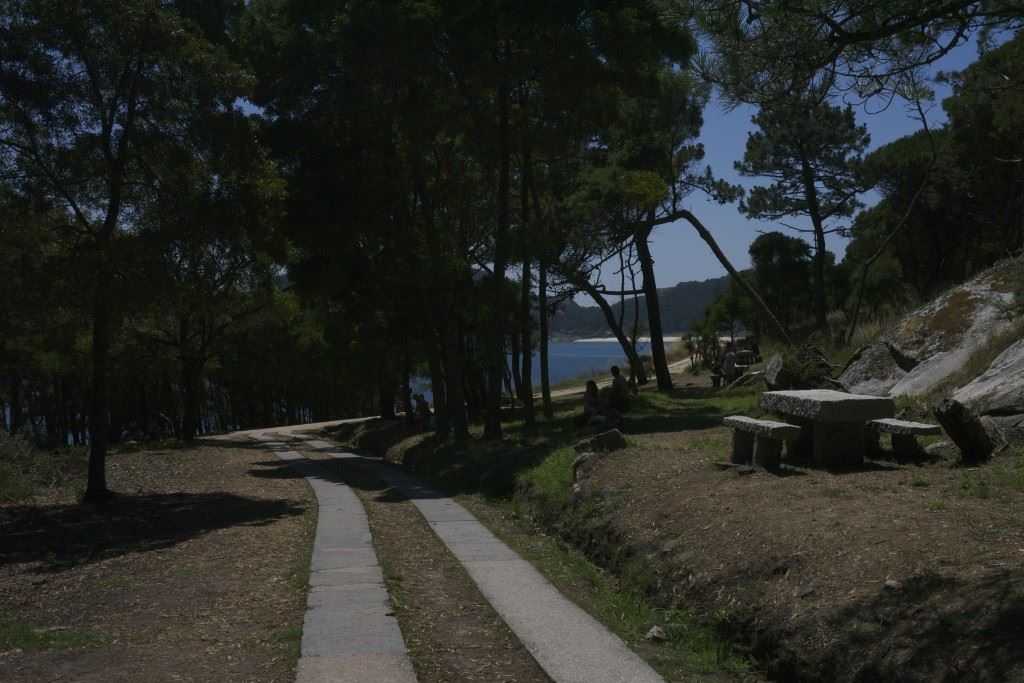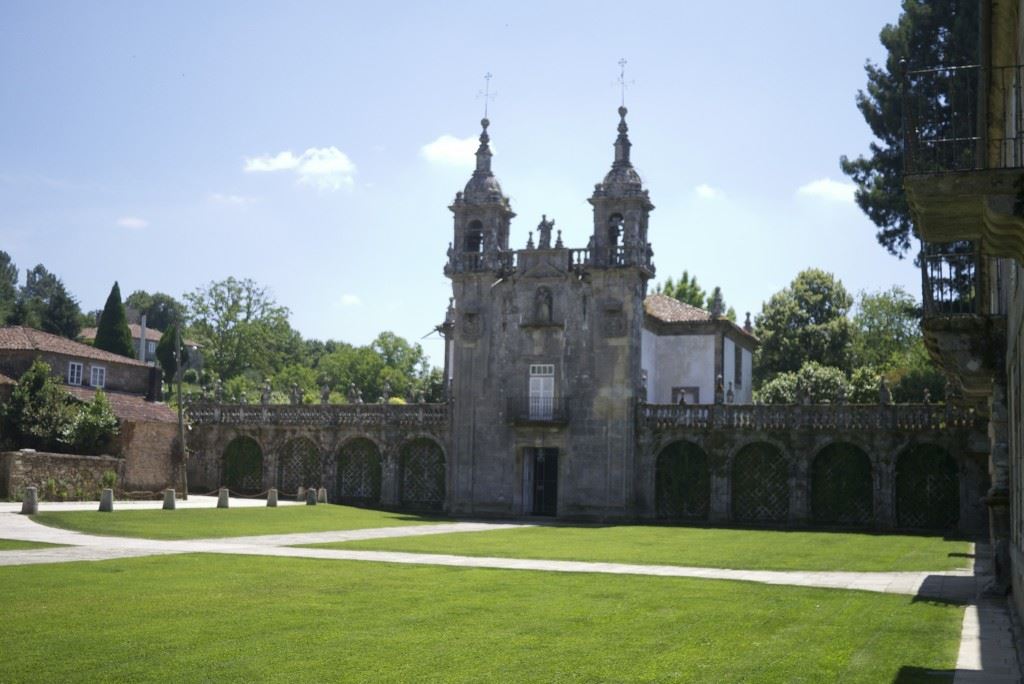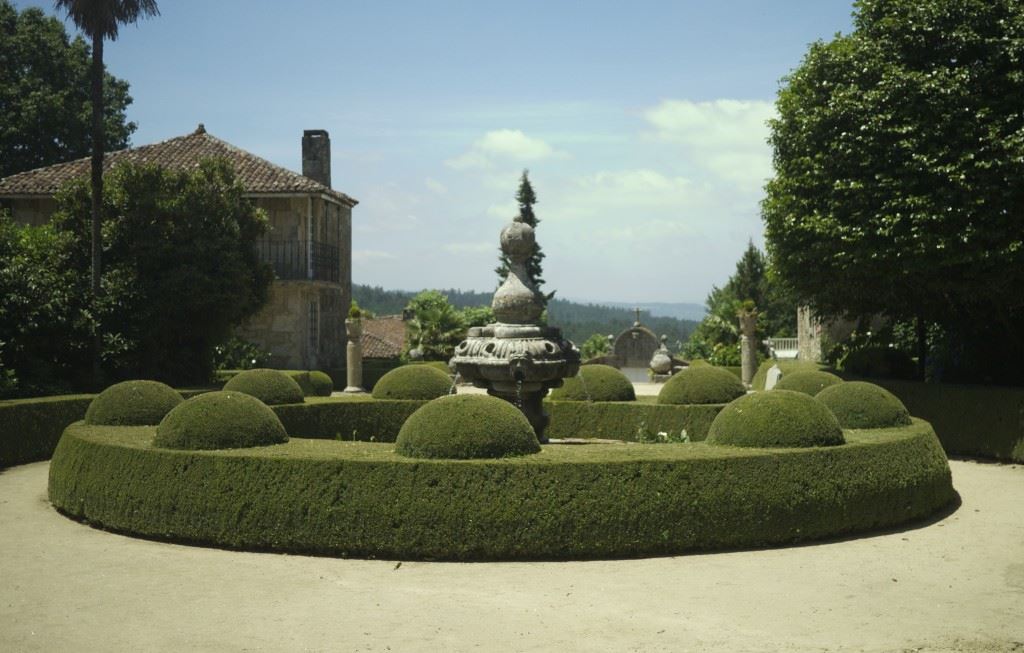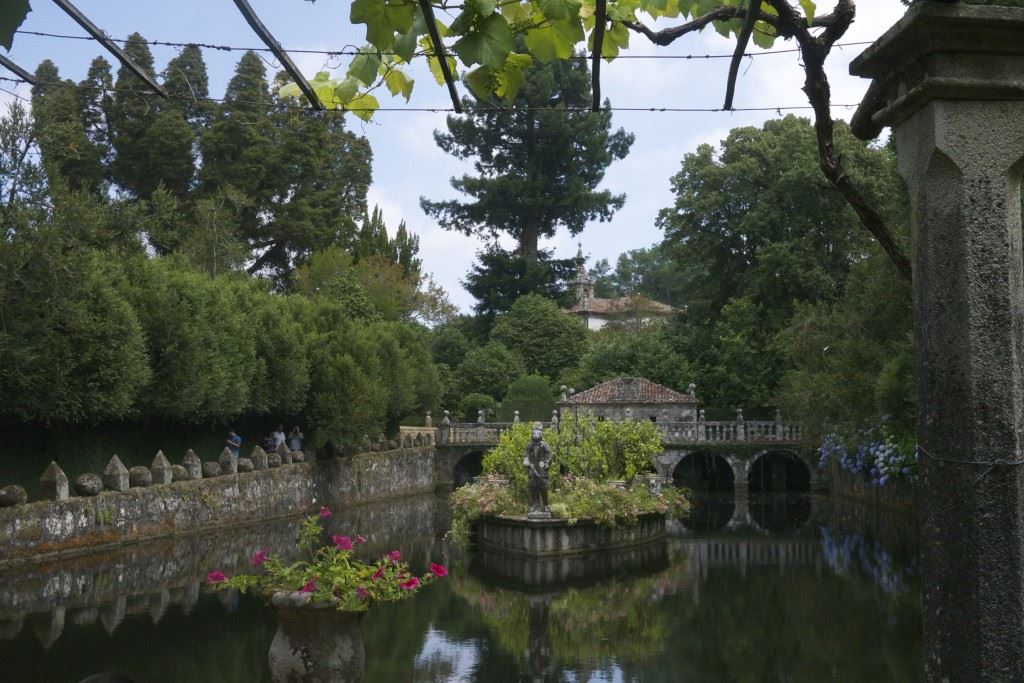What to see in Galicia ? Well we’re just back from a lovely trip to Galicia and want to share some of the great reasons to visit the North West of Spain. This time, we chose the Rias Baixas area as our base and toured the vicinity as well as going north to Santiago de Compostela and south to the Cies Islands. We re-visited some destinations we love, tried out some great new places, ate extremely well and enjoyed some delicious white wine. Read about our trip below and let us help you plan where to go in Galicia.
What to See in Galicia – 6 Top Tips!
1 Walk along the Camino de Santiago and see the Botafumeiro in Santiago’s Cathedral
Being so close to the Camino de Santiago was very tempting. We were staying just a few hours hike from the end of the Portuguese Camino and decided to join the peregrinos for a day. Although we did feel a little phoney with our light daypacks, we enjoyed the walk and made sure to arrive into Santiago in time to catch the botafumeiro – the thurible that swings incense through the Cathedral of Santiago at high speed. It is always an impressive sight and this time was no different. If you haven’t seen it in action, you can get a sense of what happens on this amateur video here. It really does swoop through the air and is extremely moving – especially for the pilgrims who have spent weeks or even months getting to this destination.
2 Explore the charming university city of Santiago de Compostela
The old quarter of Santiago is completely pedestrianised which makes it great for wandering. Many lanes encircle the Plaza del Obradoiro so you are never far from the main cathedral. These streets are full of small food stores and restaurants. We did quite a bit of window shopping before succumbing to one of the nicer restaurants. If you travel here, you’ll find it’s easy to come across well-prepared fresh food in Galicia. Totally Spain can guide you on the options and help you with any special requirements you might have. One of our favourite buildings after the cathedral is the Parador – Hostal dos Reis Catolicos – which is in Obradoiro Square. There’s a lovely outdoor cafe restaurant with lovely views of the cathedral. It’s courtyard garden is also beautiful. It’s very easy to spend a day or more soaking up the atmosphere in Santiago.
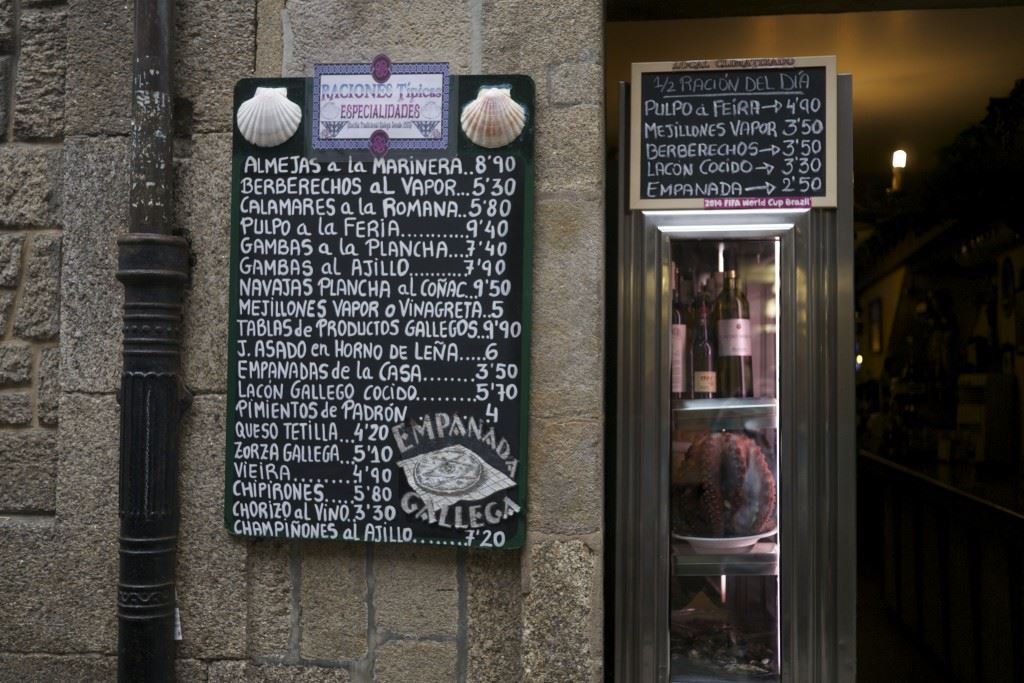
Pulpo or octopus is on the menus and in the restaurant windows of many of Santiago’s cobbled streets
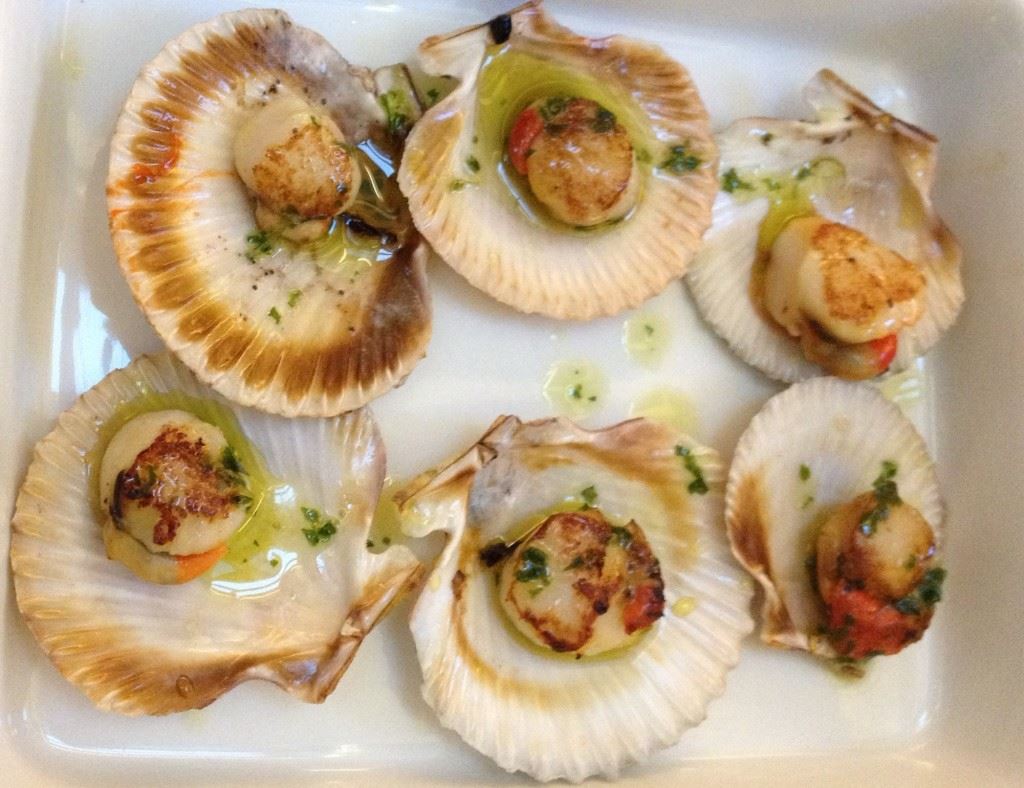
Zamburinas are a small and very tasty scallop you’ll find in most restaurants in Galicia. Highly recommended!

The Santiago almond-based tart is one of the more popular desserts in the North of Galicia. Wherever you go, you’ll find great home baking and even the plainest of breads tastes delicious
3 Travel along the Rias Baixas Coastline
The next day we explored the Rias Baixas coastline – starting at a Viking tower in Catoira. Catoira is well-known for its Torres do Oeste ruins that were built in the 9th century by King Alfonso III of Leon to defend the river Ulla estuary from Viking attack. It was later used to defend the route into Santiago. If you’re travelling in August, don’t miss the fiestas marking the retreat of a Viking invasion. You can take a lovely walk on a wooden boardwalk through the marshlands to the right of the ruins. Great for children to explore the wildlife and a handy way to stretch the legs after the previous day’s exertions.
Carril was one of the most important ports in Galicia in the 18th century. Today it’s a quiet town with a thriving industry in shellfish. We stopped here to see the Island of Cortegada – an afforested island that is part of the National Park of the Islands of the Atlantic (along with the Cies Islands). And we were also keen to see the clam pickers at work. You’re never far from shellfish in Galicia but this has to be the best place to see the industry at work.
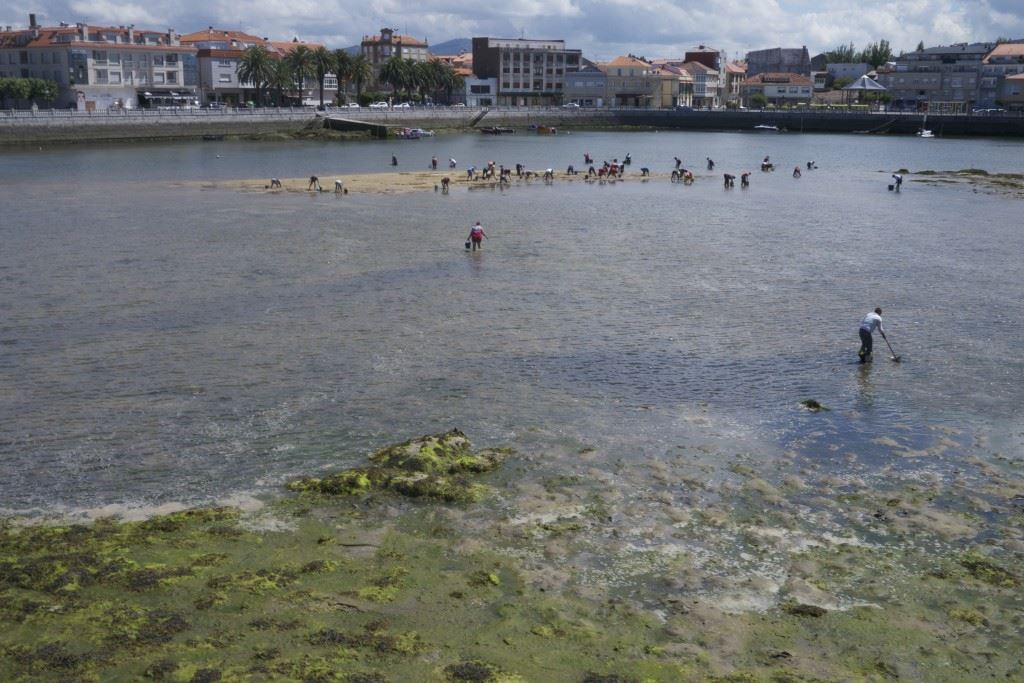
You can see the clam-pickers who move from beach to beach, collecting the tasty molluscs. Today it was Carril’s turn
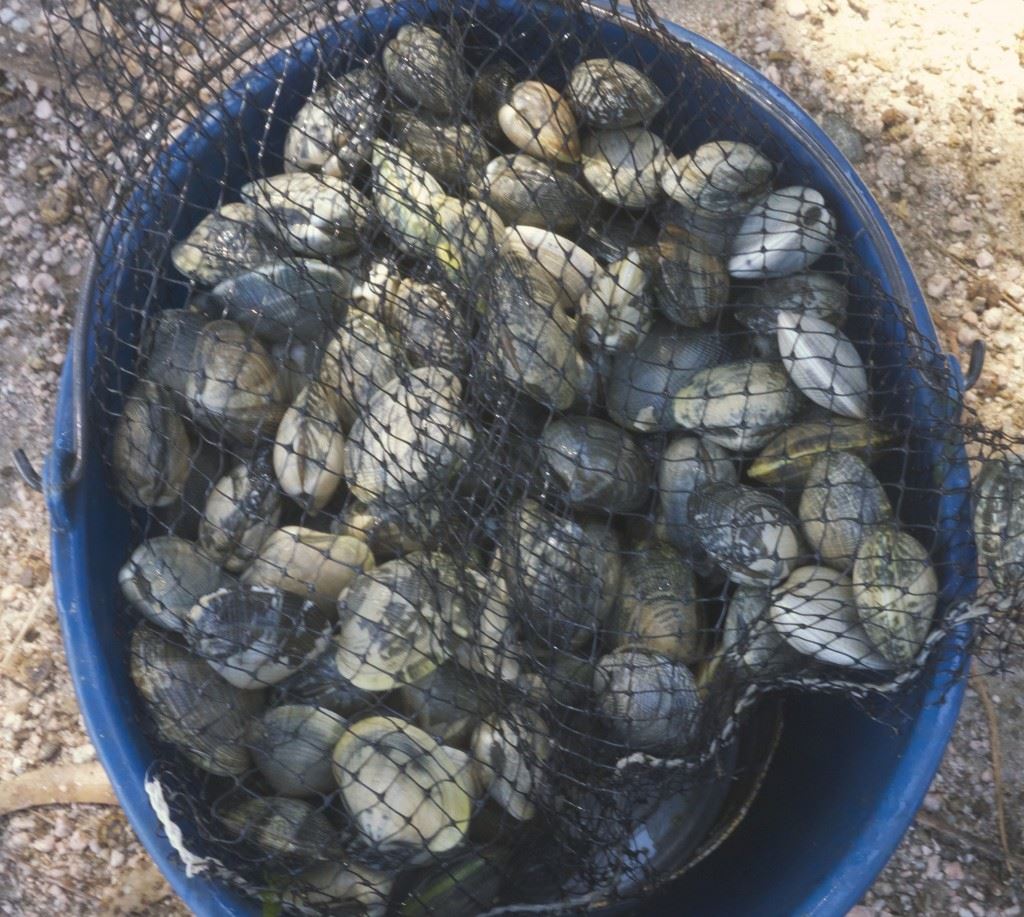
What Carril is all about – the clams. We did taste them later but we so caught up in the moment we forgot to take a pic. Must have been the appetite we’d worked up swimming.
From here we drove onto the Island of Arousa (which is written Arosa in Spanish and Arousa in Galician) and enjoyed a great picnic here on the beach – looking out at the amazing views. Here you see lots of floating rafts for mussels which along with a swim helped our appetite for more shellfish.
4 Visit the Rias Baixas Wineries
Then it was Cambados and Meis to taste the famous albarino grape and enjoy the wine-culture in the region. First in the Pazo de Senoranz which was purchased in 1989 by its current owners to be used for growing kiwis and grapes. Well, the grapes took off and it is a major player in the top end of the market. You can see a video here. Pazo means palace and this is a wonderful location for a private event as well as being a great winery. Don’t miss the private chapel and the trapdoor for the last King of Portugal Manuel II to escape when he refuged in Galicia. The wine tasting was excellently done, wine was most enjoyable, and the private tour was very personalised. Pro-tip: Don’t turn up at the smaller bodegas expecting to be shown around. You have to pre-book winery tours in the smaller wineries – especially when you need a tour in English. We recommend booking one month in advance to avoid disappointment!
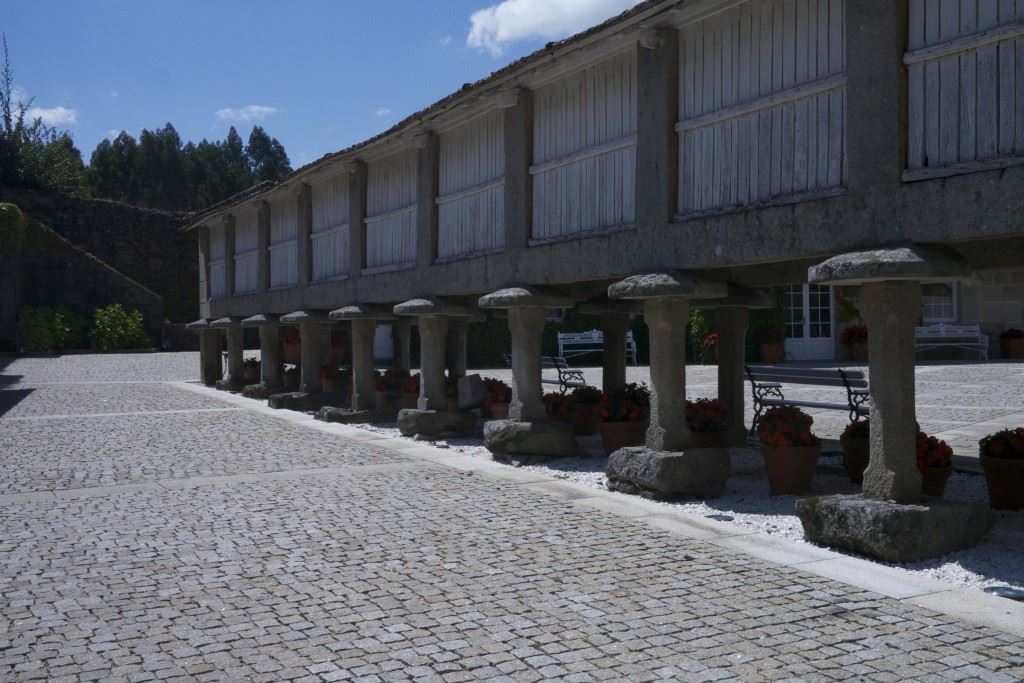
One of Galicia’s largest horreos at the Pazo de Senoranz winery. These are structures used for storing grain.
Our second stop was the large producer – Martin Codax – which complimented the previous visit perfectly as it is a much bigger producer with very modern installations. It’s overlooking the bay at Cambados so it’s worth the drive just to see the views. The winery visit does involve some climbing up and down of steps inside (no lift) so bear that in mind. And the tour we enjoyed the outdoor tasting and its amazing views again. We were sorry to miss out on the live music events – next time we’ll make sure to catch these guys play live.
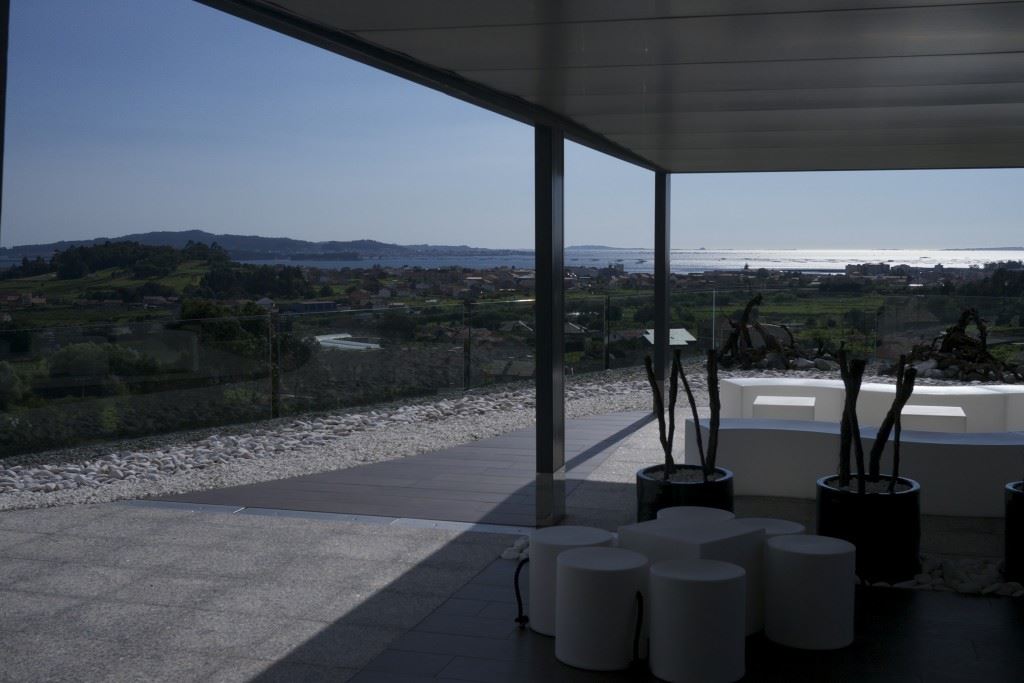
The viewing platform and wine-tasting area at Bodegas Martin Codax offers great views of Cambados and the Ria de Arosa
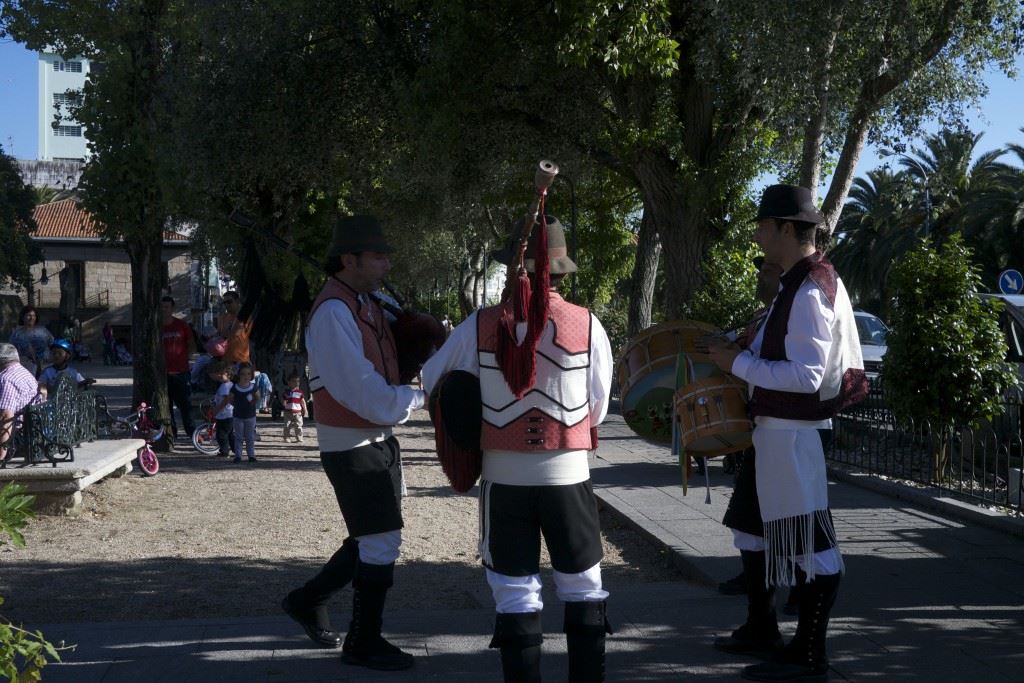
You’re never far from some fun in the summer in Galicia. We caught up with some live music in Cambados just beside the Parador
5 Visit the Cies Islands
Next it was a trip down south to the Islas Cies. We were blown away by the beauty of the Cies. Numbers are restricted on the islands so once we checked the forecast for good clear weather, we reserved our tickets for the catamaran – which was a really enjoyable experience in itself.
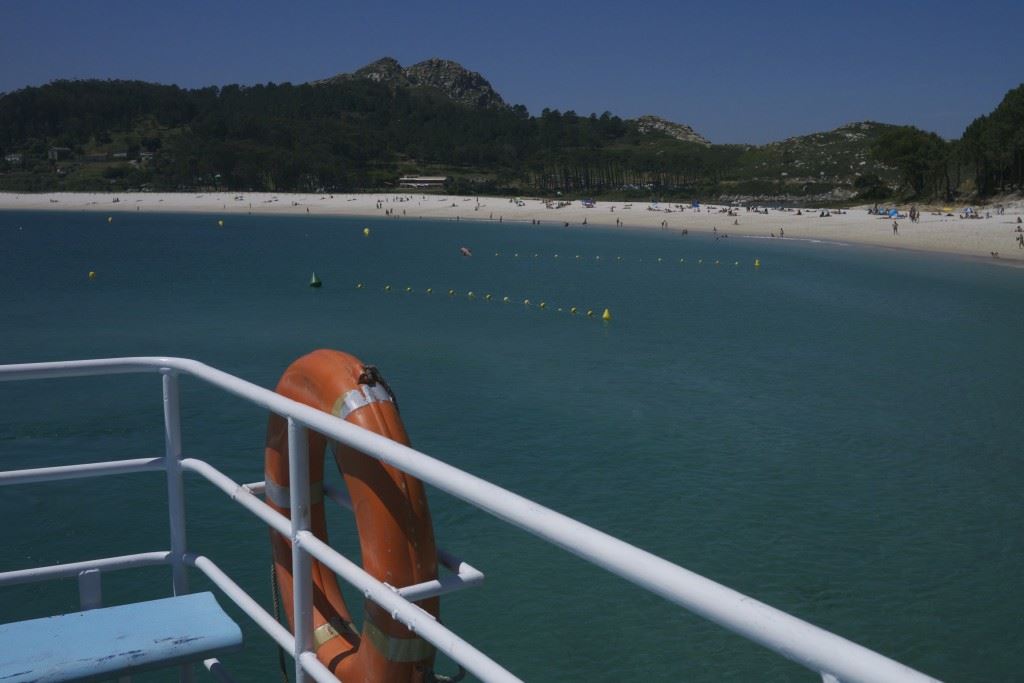
A modern catamaran whisks us from the mainland to most beautiful beaches we’ve seen in a while – the Cies Islands
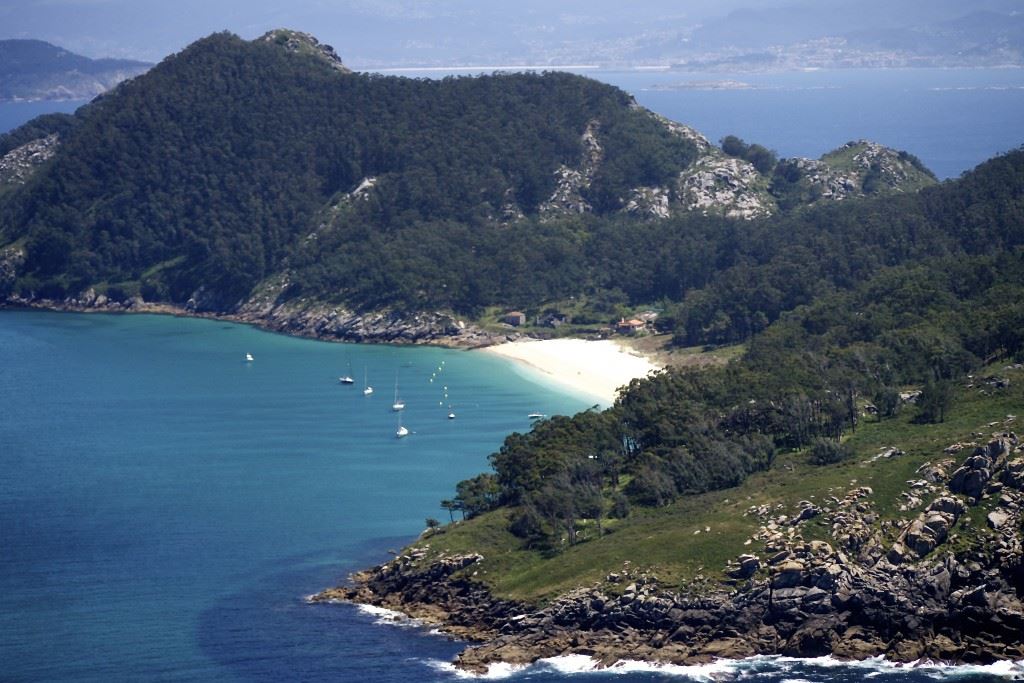
Not the image you have in mind when you think of Galicia – the Cies Islands feel more like the Caribbean
When we got to the island, we took a hike up to the lighthouse to see the seagull colony and the views from the top – which are pretty amazing. When we got back down, the water was really great. Refreshing but not too cold. Next time we go to the islands, we’ve going to stay overnight at the campsite which is really peaceful. Waking up to these views at dawn must be very special.
6 Visit Galicia’s Palaces called Pazos
After seeing the beauty of the winery at Pazo Senoranz, we couldn’t leave Galicia without visiting another palace and we were very keen to visit the Pazo de Oca known as the Galician Versailles or the Generalife of the North. It’s one of the best preserved feudal palaces you’ll come across in the region. You arrive into Oca village which is as neat as a pin. Although the chapel and palace aren’t open to the public, the Palace gardens are – and are SO worth a visit.
It’s perfect for visitors or all ages. You’ll find labyrinths, ponds, mills, vegetable patches and wonderful plants, shrubs and trees – all is mint condition. Stunning! Pre-book your visit and take a guided tour to learn about the Medinacelli family and the Pazo in great detail. We cannot recommend it (and Galicia) highly enough.
If you are curious about visiting other wine regions in Spain, we’ve also written about Spain’s best wineries to visit and produced guides for La Rioja, Rioja Alavesa, Ribera del Duero, Jerez and Cantabria. You should also read our post on the Prettiest Ports & Fishing Villages in Northern Spain. And all our info on the Camino de Santiago!
